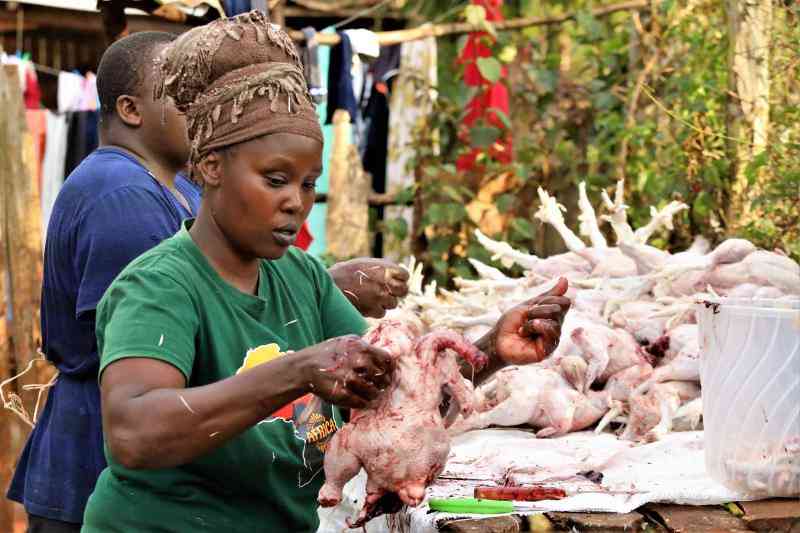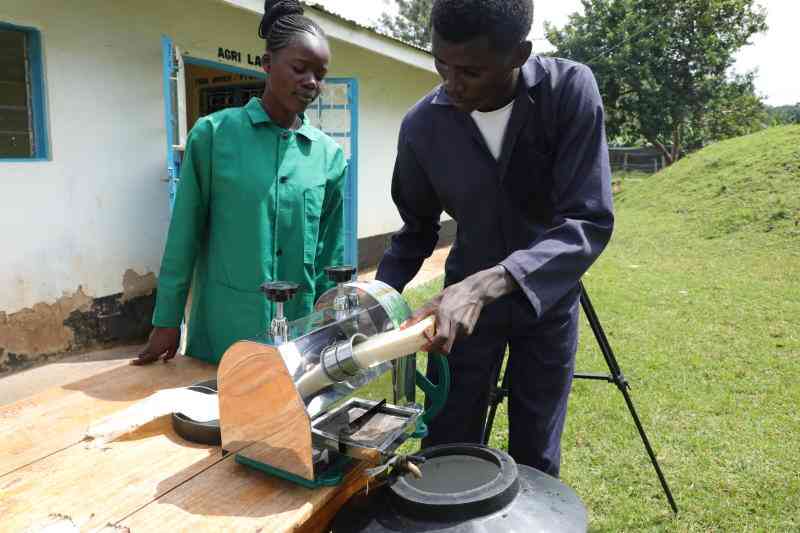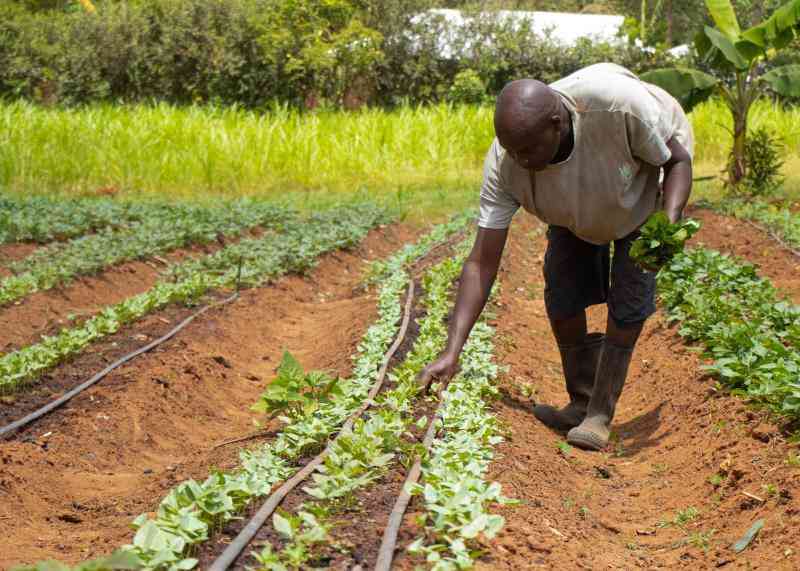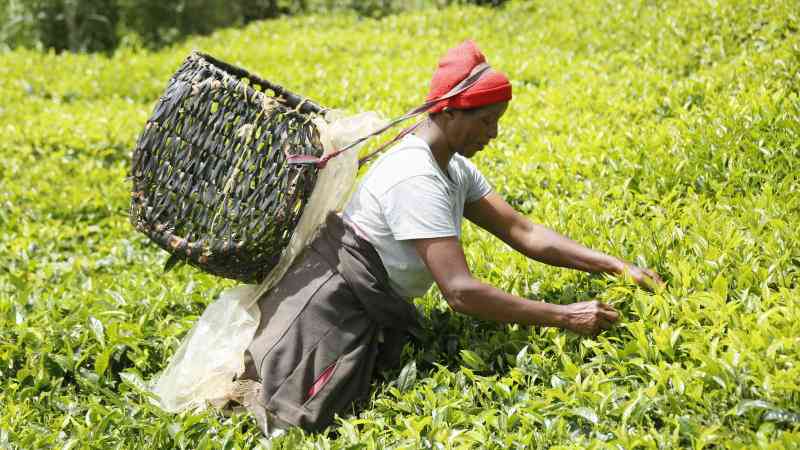To win war on hunger, we must work with farmers - not against them
Agriculture is believed to be Kenya’s ‘bread-winner’ as it accounts for approximately 33 per cent of the country’s gross domestic income while 75 per cent of Kenyans earn their living from it. Reflecting on the role of agriculture; it is a key player in the economic growth of our country and catalyses the move towards poverty eradication in Kenya. It is sad that we read reports and news showing an increase in the number of people going to bed hungry.
Government policies and politics have always had an impact on agricultural policies.
Our politics kind of fight the willingness of Kenya’s small holder farmers and oppress them to the extent there has been evidence of some shift from maize production to other most ‘promising’ agricultural produce if not real estate business putting Kenya at risk of courting hunger.
The self-centered interest by some government officials and leaders has always been a barrier to implementation of our policies.
Contrary to agricultural policies advocating consumption of local produce and capacity building of our farmers towards an increase in agricultural production, we witness food importation and neglecting of our own farmers by the government citing seeking better and fast solution.
Lack of commitment and transparency
Kenya is doing well in holding conferences and boardroom meetings discussing our policies and making new ones but we fail because we don’t want to be held accountable.
The moment we fail to be transparent and accountable in the implementation of what we draft and pass; we start to fail.
There have been transparent calls for the ability to provide supportive evidence and records of every step and process in the implementation of the policies.
Lack of serious commitment from those in relevant position in implementing the policies also plays a role in its failure.
Greed/ corruption
For a good period of time; the agriculture sector has been hit by numerous cases of corruption as a result of greed from self-centred leaders/employees/personnel in the relevant dockets. The trend of food importation in specific maize and rice; fertiliser and agricultural inputs always find themselves articulated to corruption and cartels who want to dominate; earn and oppress the smallholder farmer.
Our policies safeguarding the issuance of subsidies to farmers; purchase of maize/agricultural products are very clear and as easy to implement but because of self-interest then it is over showered by greed and corruption.
Disconnecting dots in monitory and evaluation
Our dots don’t connect; always missing information and disagreement on how far we are. How we evaluate our implementation is wanting; can we review our policies results for the last five years? We rarely have result-oriented policies.
What wasn’t achieved or attained in the previous period of policy implementation should form a baseline in drafting and implementation of the new period policy.
The dots should always connect for the policies are our “rules” guiding us on how we can and will do our agriculture business towards achieving the zero hunger agenda.
[The writer is a food safety and value chain consultant]
Want to get latest farming tips and videos?
Join Us
Share this article on social
 The Standard Group Plc is a multi-media organization
with investments in media platforms spanning newspaper print operations,
television, radio broadcasting, digital and online services. The Standard Group
is recognized as a leading multi-media house in Kenya with a key influence in
matters of national and international interest.
The Standard Group Plc is a multi-media organization
with investments in media platforms spanning newspaper print operations,
television, radio broadcasting, digital and online services. The Standard Group
is recognized as a leading multi-media house in Kenya with a key influence in
matters of national and international interest.
 The Standard Group Plc is a multi-media organization
with investments in media platforms spanning newspaper print operations,
television, radio broadcasting, digital and online services. The Standard Group
is recognized as a leading multi-media house in Kenya with a key influence in
matters of national and international interest.
The Standard Group Plc is a multi-media organization
with investments in media platforms spanning newspaper print operations,
television, radio broadcasting, digital and online services. The Standard Group
is recognized as a leading multi-media house in Kenya with a key influence in
matters of national and international interest.






